News
FG, World Bank Disagree Over $1.5b Spend By Nigeria on electricity subsidy
The Special Adviser to the President on Infrastructure, Ahmad Rufai Zakari, yesterday, faulted a report by the World Bank saying the Federal Government spends, at least, $1.5 billion to meet the shortfall in the country’s electricity sector.
The presidential aide said the survey conducted by the World Bank, which also claimed that 78 per cent of power consumers in Nigeria get less than 12 hours of daily supply of electricity was baseless.
While the World Bank had revealed that the Nigeria government is currently subsidising the power sector with about $1.5 billion, especially due to tariff shortfall, Zakari told The Guardian that the recently-introduced Service-Based Tariff (SBF), which increased electricity bills for end-users, improved the liquidity in the market by about N65 billion in January.
The World Bank, last week, told journalists that Nigeria has the largest number of people without access to electricity, adding that the sector has been recording a yearly revenue loss of about $29 billion.
The Federal Government, however, insisted that it was unclear what empirical evidence the World Bank used to arrive at the figures, insisting that power distribution to consumers has been steadily improving.
In 2013, Nigeria privatised the electricity sector to turn around the industry. But the sector has deteriorated seven years after the privatisation. The Federal Government had, last year, increased the electricity tariff on a promise that there would be an improvement in supply. But the service has been dismal following a series of challenges that have impeded generation capacity.
Still, Zakari said it was inaccurate for the World Bank to make a blanket statement that 78 per cent of Nigerians has less than 12 hours daily access to electricity, arguing that empirical evidence from the Nigerian Electricity Regulatory Commission (NERC) shows that only 55 per cent of citizens connected to the grid are in tariff bands D and E, which are less than 12 hours supply.
“It is inaccurate to make a blanket statement that 78 per cent of Nigerians have less than 12 hours daily power access. The data from NERC is that 55 per cent of citizens connected to the grid are in tariff bands D and E, which are less than 12 hours supply. Those citizens are being fully subsidized to pre-September 2020 tariffs until DisCos can improve supply. There is an N120 billion capital expenditure (CAPEX) fund from the Central Bank of Nigeria (CBN) for DisCos to improve infrastructure for these tariff classes similar to the ongoing metering programme,” Zakari said.
He also insisted that the claim by the World Bank that 58 per cent of electricity consumers in the country do not have meters was unverifiable.
He continued: “It is unclear who did this survey and what the timeframe is. All citizens that have gotten free meters report that they are happy about the reform trajectory. To date, more than 600,000 meters have been delivered to DISCOs out of the one million in phase 0 with installation ongoing. Meters are sourced locally and are creating jobs in installation and manufacturing/assembly companies.
“All consumers have been communicated their bands, and bands are published during billing. It is inconceivable that anyone would suggest that four out of five Nigerians are not intelligent enough to understand tariff classes and what they are paying for.”
Speaking on the improvement in the sector since the tariff increase, Zakari said SBT raised aggregate average tariffs by 36 per cent as collections by DisCos in the sector went up by above 60 per cent.


 Sports21 hours ago
Sports21 hours agoNBA playoffs: Timberwolves cruise past Suns for 2-0 lead despite off night from Anthony Edwards, Karl-Anthony Towns
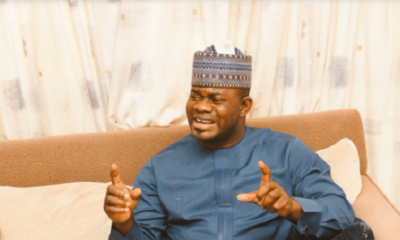
 Top Stories22 hours ago
Top Stories22 hours agoYahaya Bello: Do Not Allow Yourself Become A Tool Of Political Vendetta And Intimidation – Kogi Assembly To EFCC

 Entertainment21 hours ago
Entertainment21 hours agoBREAKING: Popular Veteran Nollywood Actor is Dead [Video]
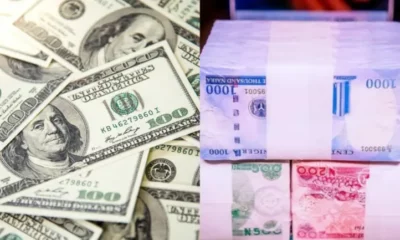
 News21 hours ago
News21 hours agoBlack Market Dollar (USD) To Naira (NGN) Exchange Rate Today 24th April 2024
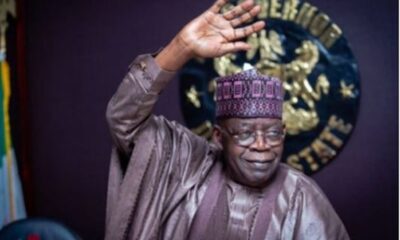
 News13 hours ago
News13 hours agoFG Announces Commencement Of Loan Scheme For All Nigerians (See How To Apply)
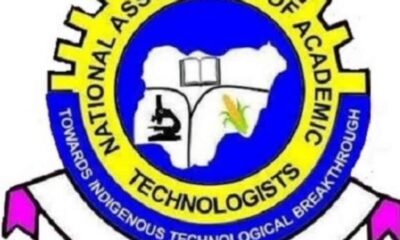
 Business and Brands13 hours ago
Business and Brands13 hours agoLabour Union Demands ₦350,000 As New Minimum Wage

 News22 hours ago
News22 hours agoFG Summons Lead British School Management Over Bullying
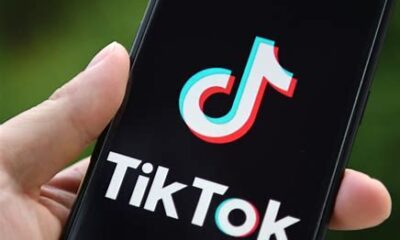
 World22 hours ago
World22 hours agoUS Congress passes TikTok sell-or-ban bill, but legal battles loom






